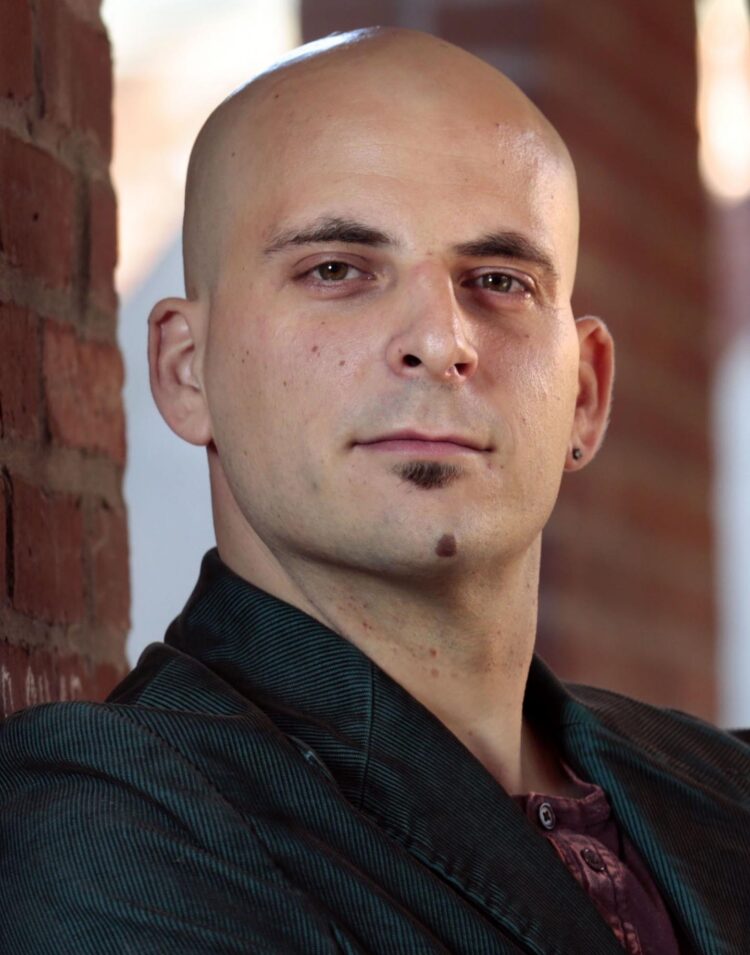AMES, Iowa – During the course of a criminal investigation, it is common for investigators to interview individuals who are exhausted and have had little sleep. While unavoidable in some cases, a new Iowa State University study found sleep disruption or deprivation may limit the amount of information provided during an interview.
The study, published in the academic journal SLEEP, is one of the first to look at how sleep affects behavior during interrogations or interviews. Zlatan Krizan, an ISU professor of psychology, says while beliefs about the impact of sleep on interrogation subjects have existed for decades, he and co-authors, ISU professor Christian Meissner and graduate student Anthony Miller, found little direct scientific evidence related to its effectiveness. Krizan says the findings from their study have implications for suspect interviews as well as the countless interviews investigators conduct with victims of and witnesses to crimes.
“This is the first evidence to really hit on the efficacy of sleep loss as a tactic to elicit more information,” Krizan said.
To test the effect of sleep deprivation or disruption, the research team interviewed sleep-restricted and well-rested individuals about past criminal activity and then compared the quantity and quality of their responses (more detail about study design below). The results show sleep-restricted participants provided 7% less information about the crime, in terms of who, what, when, why, where or how.
“Think about how many interviews and pieces of information are collected in the course of a homicide investigation,” Krizan said. “If investigators are interviewing individuals who are sleep deprived, across 10 people they’re missing five pieces of critical information that they could use to corroborate or cross check with other information.”
Findings related to the quality or precision of the information showed a similar pattern, although they did not reach statistical significance. Several additional findings suggested lack of sleep hampered motivation and made it more difficult to remember details.
Sleep loss common
In the paper, the researchers referenced anecdotal reports of investigators waking up suspects in order to conduct an interview. Given the circumstances surrounding most crimes, Krizan says it is not unusual for suspects, victims or witnesses to be fatigued or functioning on just a few hours of sleep when they are interviewed.
To reflect these interview conditions, researchers randomly assigned the 143 participants to a sleep-restricted or control group. Those in the sleep-restricted group were instructed to go to bed two hours later than normal and wake up two hours earlier to remove up to eight hours of sleep over two days. To monitor compliance, participants wore a watch to track their sleep and wake patterns.
For the interview, participants were asked to disclose past criminal activity based on a list of 20 crimes that ranged from transporting fireworks and trespassing to shoplifting and driving under the influence. They were then questioned about the most severe crime – underage drinking, experimenting with illegal drugs and driving under the influence were the most common.
Meissner, a professor of psychology who studies interrogation techniques, says additional research is needed to determine how sleep loss affected behavior.
“People who had less sleep were not as motivated to recall information or found doing so required more effort to recall information,” Meissner said. “These patterns suggest that increased fatigue due to sleep loss may be an important factor in disclosure.”
The researchers acknowledged that study participants did not face the threat of any legal consequence as a suspect would in a criminal case. However, they likely experienced other barriers, such as feelings of guilt or shame, similar to many suspects, victims or witnesses involved in a crime. The researchers say this is another area to explore with future studies.
###
The research was supported by a grant from the Federal Bureau of Investigation.
Media Contact
Zlatan Krizan
[email protected]
Original Source
https:/
Related Journal Article
http://dx.





